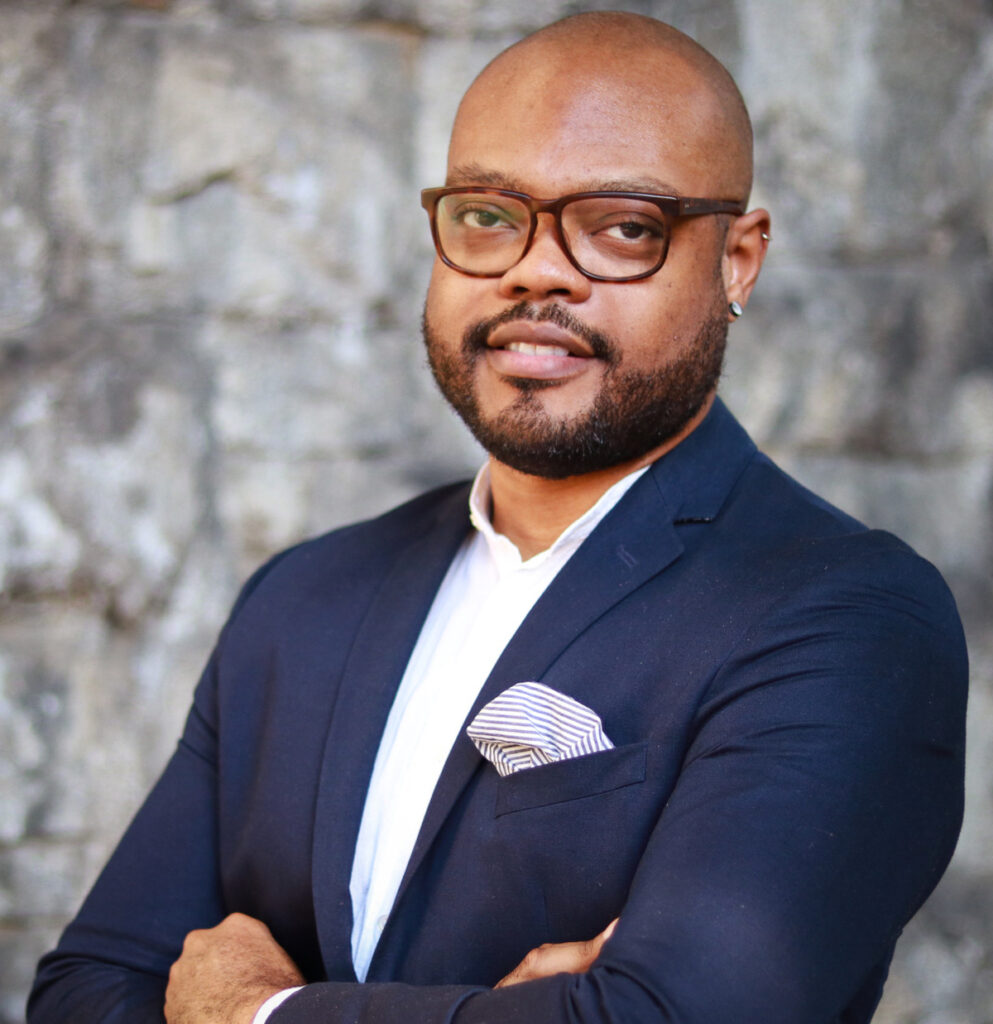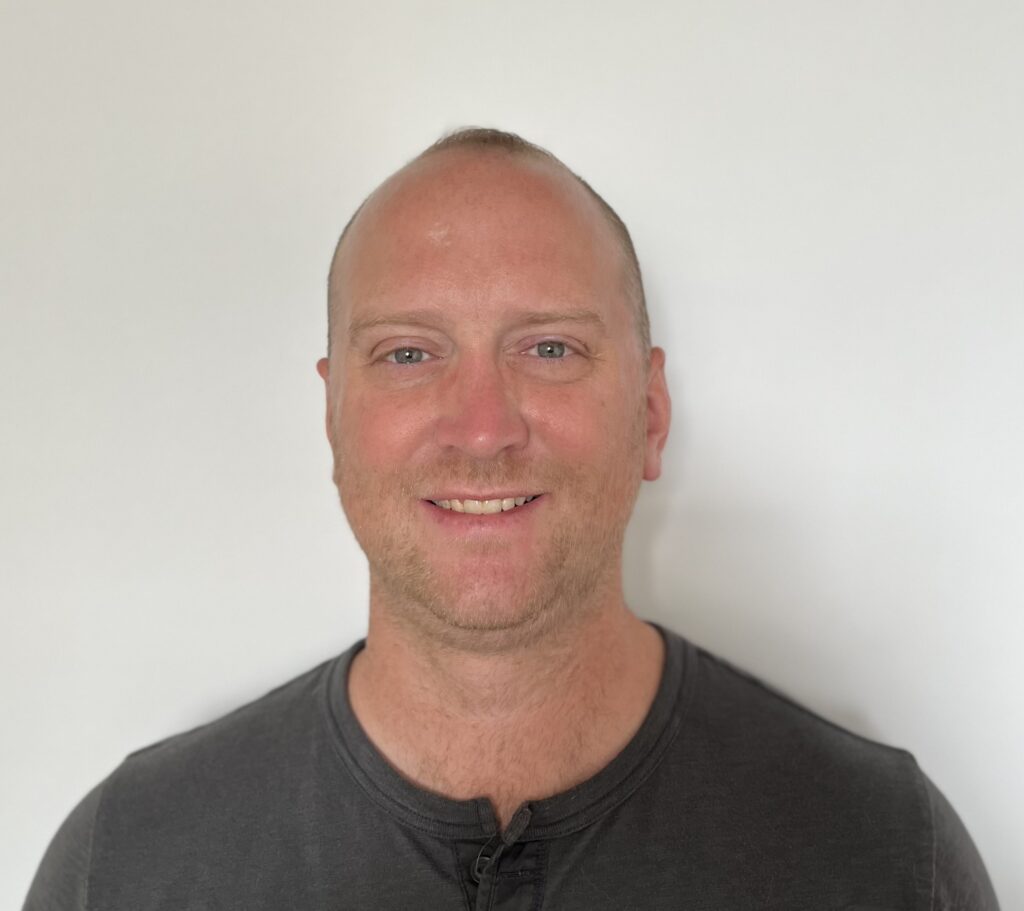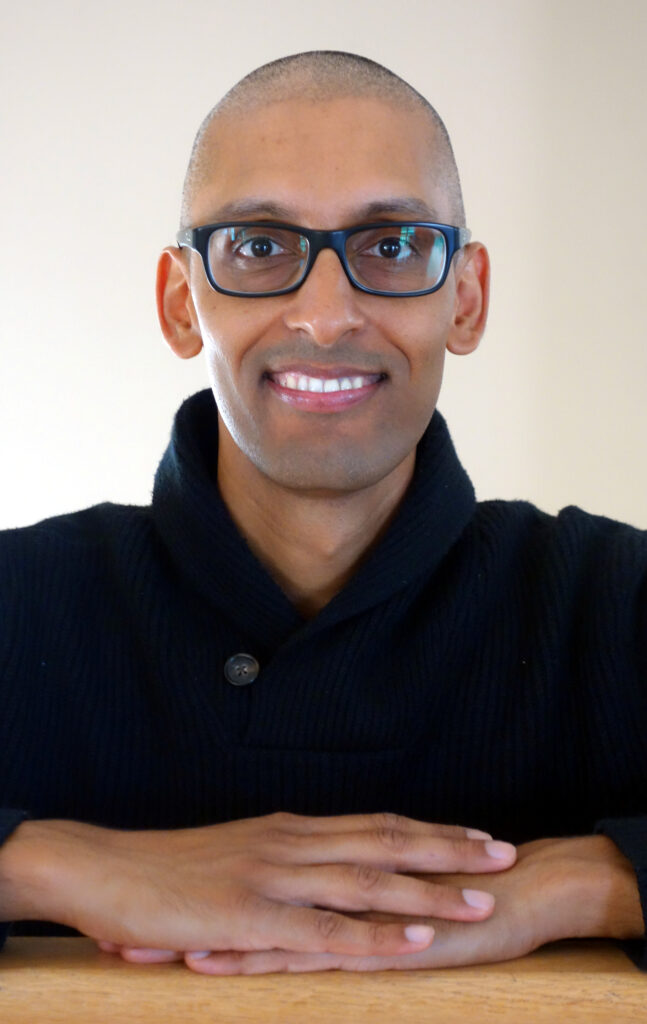Four new faculty members, Donald V. Brown, Jr., Karen Campbell, Devin Phillips, and Sachil Singh joined the Faculty of Health this fall.
“The Faculty of Health has added outstanding new faculty members that are aligned with the United Nations’ Sustainable Development Goals of good health and well-being, quality education, and reduced inequalities. Our new hires contribute to diversifying our faculty complement, advancing the quality of our academic programs, contributing to new program development, and advancing our goals for research intensification,” says Faculty of Health Interim Dean Susan Murtha.

Donald V. Brown, Jr.
Donald V. Brown, Jr. joined York University as an assistant professor in the Department of Psychology; specifically, the program in Historical, Theoretical, and Critical Studies of Psychology. Prior to coming to York, he engaged in research and graduate studies through the Critical Social/Personality and Environmental Psychology Program at The Graduate Center, City University of New York (CUNY). He also taught gender studies at John Jay College of Criminal Justice at CUNY.
Brown’s interdisciplinary research program integrates perspectives from critical theory, philosophy of science, and science and technology studies to better understand social identity-based scientific practices and knowledge production in psychological science. His current project investigates the creation, use and circulation of social identity categories in social psychology laboratories. Further, this work explores how identity-based knowledge is translated between scientific institutions and society by examining texts in which scientific inquiry shapes nonacademic social exchanges. Brown’s work has been funded by the CUNY Graduate Center and the National Science Foundation in the United States.

Karen Campbell
Karen Campbell joined the School of Nursing as an assistant professor. She recently completed a postdoctoral fellowship at the Arthur Labatt Family School of Nursing, Western University, which focused on a nursing intervention to support women leaving situations of intimate partner violence. She received her PhD in nursing from McMaster University.
Her program of research is at the intersection of women’s health and physical and social geography. She is interested in how community health nursing intervention programs can improve health and quality of life for women experiencing health inequities across diverse settings, including rural communities and women with episodic disabilities. Her clinical background is in public health nursing.

Devin Phillips
Devin Phillips joined the School of Kinesiology and Health Science as an assistant professor of applied cardiorespiratory physiology. He completed his graduate work in the Faculty of Kinesiology, Sport, and Recreation at the University of Alberta, followed by a postdoctoral fellowship in the Department of Medicine at Queen’s University.
His current research focuses on better understanding the mechanistic link between respiratory neuromechanical function, perceived breathlessness, and exercise performance in adults living with cardiorespiratory disease. His research is data driven and utilizes both invasive and non-invasive techniques to assess human cardiorespiratory and neuromuscular function during exercise.
At York University, Phillips’ research program will broaden to focus on healthy aging and biological sex-differences and their interrelationships with cardiorespiratory function and exercise performance. Additionally, his research will evaluate the feasibility and efficacy of novel treatments that can be used in conjunction with exercise training to reduce breathlessness and improve cardiorespiratory function, exercise performance, and quality of life, in patients living with cardiorespiratory disease.

Sachil Singh
Sachil Singh joined the School of Kinesiology & Health Science as an assistant professor of physical culture and health technologies in datafied societies. His main areas of focus are medical sociology, critical race studies and algorithmic inequality. The common thread in all his work is attention to the racial outcomes of digital sorting technologies, which has allowed him to research topics as varied as credit scoring in South Africa and health care in Canada.
His current research focuses on the unintended racial biases that influence patient care whether through health care practitioners’ personal biases, those embedded in health technologies, or both. Singh is also co-editor for the leading journal Big Data & Society with particular editorial interests in health, medicine, race and surveillance. Singh is an enthusiastic teacher and has taught nearly 5,000 students in the last five years. His main mode of instruction is to challenge students (and himself) to confront their own biases through his method of unsettling the conventional syllabus.
Originally published in YFile.
